Apple Pay: Tube users face penalty if battery dies mid-journey
TfL says Tube customers who use Apple Pay but do not touch out could be charged £8.80 for a single trip
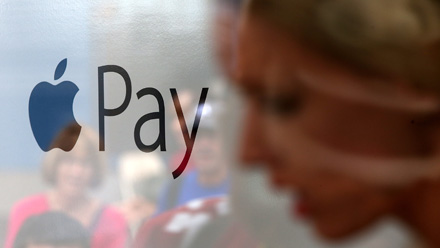
A free daily email with the biggest news stories of the day – and the best features from TheWeek.com
You are now subscribed
Your newsletter sign-up was successful
Tube travellers paying for journeys with Apple Pay, the iPhone-based payment system that launched in the UK this week, will face hefty penalty fares if their phone battery dies before they complete their journey .
Apple Pay allows iPhone 6, iPhone 6 Plus and Apple Watch owners to pay for goods and services in selected retailers by tapping their device on a compatible till. The system can also be used to pay for transport in London, but if a Tube user's battery runs out before they reach their destination he or she could be charged the maximum fare of £8.80.
"Your iPhone or Apple Watch must be switched on to use it to travel," Transport for London says on its official page explaining how Apple Pay works. "You should also check that you have enough battery on your iPhone or Apple Watch to complete your journey."If a traveller cannot "touch out" with their device at the end of the journey, "you could be liable for a penalty fare", TfL says.Tube users were also warned to touch out using the same device they used to touch in, not to switch between an iPhone and an Apple Watch to complete a journey.Apple Pay went live in the UK on Tuesday morning. Apple hopes the system will appeal to consumers because it will reduce the number of items they need to carry around. The iPhone's fingerprint reader also offers an extra layer of security.Apple Pay is now available at up to 250,000 locations across the UK. It was launched in the US in October last year.Dennis Jones, CEO of UK mobile payments company Judo Payments, told IT Pro that the UK launch is the "next step to not just a cashless, but also cardless society", which he believes is just "years away".
The Week
Escape your echo chamber. Get the facts behind the news, plus analysis from multiple perspectives.

Sign up for The Week's Free Newsletters
From our morning news briefing to a weekly Good News Newsletter, get the best of The Week delivered directly to your inbox.
From our morning news briefing to a weekly Good News Newsletter, get the best of The Week delivered directly to your inbox.
What is Apple Pay?
Apple Pay is a contactless payment system built into the latest iPhones, iPads and the Apple Watch. According to Apple, it allows users "to pay in a simple, secure, and private way" just by pressing a button on their Apple devices.
How does it work?
The system works through near-field communication (NFC), a technology that has has been used in building passes, transport smartcards and electronic key fobs since the late 1990s. It allows users to make purchases by touching an Apple device to a sensor at the till.
A free daily email with the biggest news stories of the day – and the best features from TheWeek.com
Online payments can also be authorised using the iPhone's Touch ID fingerprint sensor, using a sytem which Apple calls the "one-touch checkout". Alternatively, it can be integrated into other company's apps, allowing seamless in-app purchases. In the US, businesses such as Uber, Starbucks, Disney, Groupon and OpenTable have all already introduced Apple Pay into their iOS applications
How secure is Apple Pay?
Apple executives have "fallen over themselves to insist that security was a priority from day one", says MacWorld, but there were security concerns when Apple Pay first launched in the US.
Banks were "caught by surprise at the levels of fraud that they have seen", The Guardian says. Apple Pay fraud is reportedly "far higher than expected", and total losses ran into millions in the first six months, The Guardian reports.
Rather than breaking the encryption involved in the fingerprint-activated payment system, criminals have been setting up new iPhones with stolen personal information.
For its UK launch, Vice president of Apple Pay Jennifer Bailey insists that the payment system is secure: "We don’t store the credit card number on your phone, a new device account number generated by the banks is stored on the phone in our secure element. There is also a unique dynamic security code is set with every payment, so if the device account number is compromised in any way, it won't work."
Bailey continued: "We've designed it so the transactions are just between you, the bank and the merchant, not seen by Apple… we're very much focused on strong customer privacy."
Where can I use Apple Pay?
Marks & Spencer, Lidl and Waitrose are among 250,000 merchants that support the new contactless system. Boots, Post Office, BP, Nandos, KFC, Pret A Manger, Subway, McDonald's, Costa Coffee, Starbucks, LePain Quotidien and Wagamama have also announced that they will accept Apple Pay. At launch, banks such as NatWest, Nationwide Building Society, Royal Bank of Scotland, Santander and Ulster Bank and MBNA are on board, and more banks will be added in the autumn. Travellers on the London Underground and buses can touch in and out with their mobile device. Most payments will have a £20 limit, similar to existing contactless payments, according to the BBC. However, some retailers might allow for higher payments. "The majority of terminals will work to a £20 cap, whether with a debit or credit card, or a contactless device," a Mastercard spokesperson told the BBC.
Does it work on all Apple devices?
No, Apple Pay only works on devices that come with an NFC antennae. This includes the iPhone 6 and iPhone 6 Plus, the iPad Air 2 and iPad mini 3, and the Apple Watch. No earlier devices can use the system.
How much can I spend via Apple Pay?
Most payments have a £20 limit, similar to existing contactless payments, which will rise to £30 in September. However, some retailers have chosen to adopt a higher limit, and Pret a Manger said this week that it would not cap Apple Pay transactions.
How does Apple profit from the system?
Rather than charging users for the service or by collecting customer or purchase data to sell on to third companies, Apple says that it makes money from Apple Pay just by levying a small fee on each purchase from the banks involved in the system. Apple says that it does not charge any merchants, developers or customers for using the service.
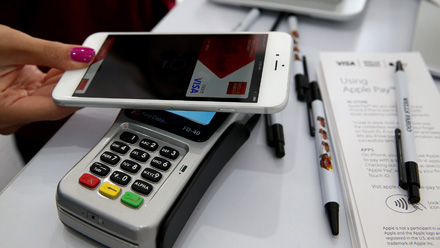
-
 Health insurance: Premiums soar as ACA subsidies end
Health insurance: Premiums soar as ACA subsidies endFeature 1.4 million people have dropped coverage
-
 Anthropic: AI triggers the ‘SaaSpocalypse’
Anthropic: AI triggers the ‘SaaSpocalypse’Feature A grim reaper for software services?
-
 NIH director Bhattacharya tapped as acting CDC head
NIH director Bhattacharya tapped as acting CDC headSpeed Read Jay Bhattacharya, a critic of the CDC’s Covid-19 response, will now lead the Centers for Disease Control and Prevention
-
 Will AI kill the smartphone?
Will AI kill the smartphone?In The Spotlight OpenAI and Meta want to unseat the ‘Lennon and McCartney’ of the gadget era
-
 Is Apple’s Tim Cook about to retire?
Is Apple’s Tim Cook about to retire?Today's Big Question A departure could come early next year
-
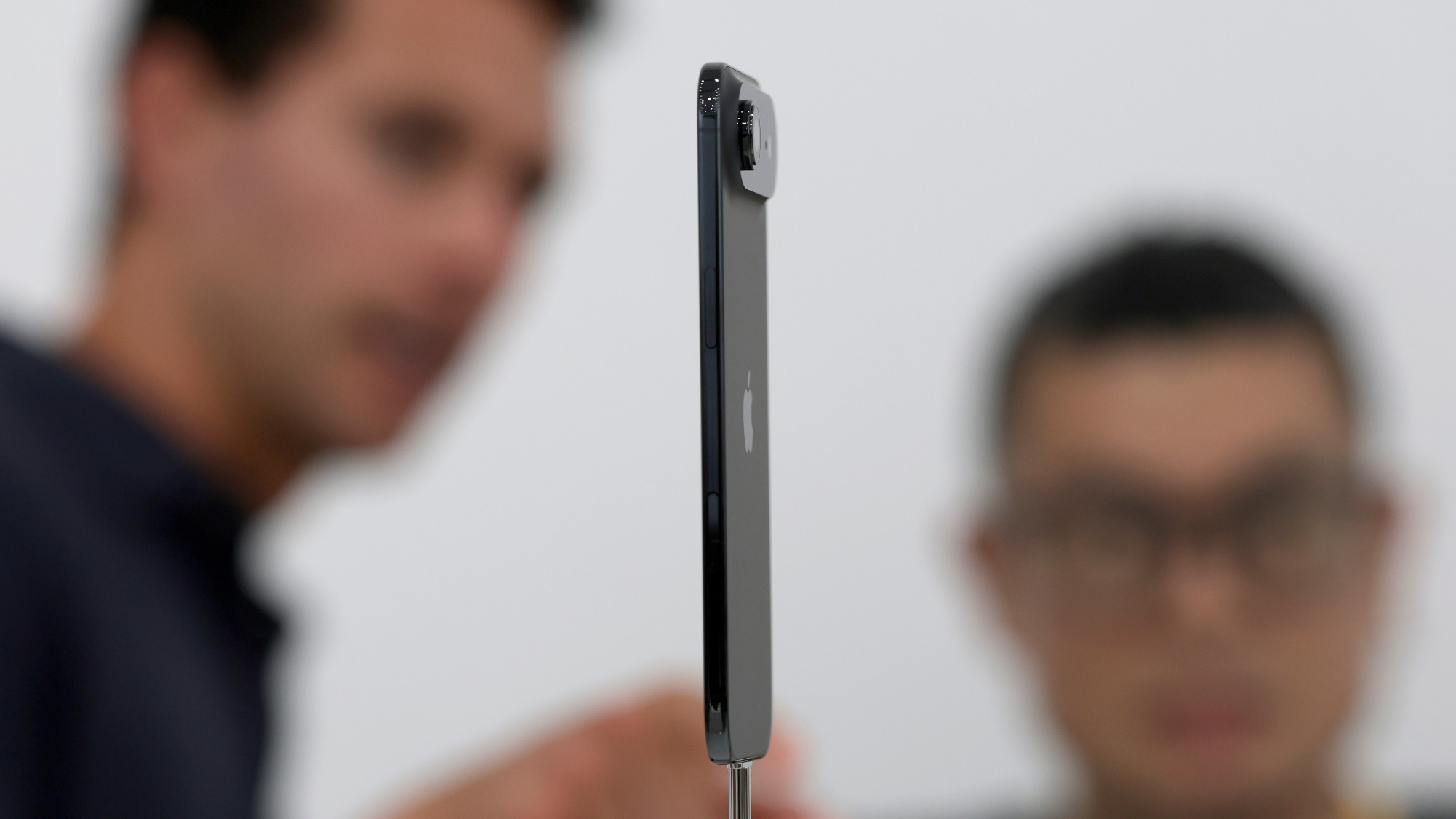 iPhone Air: Thinness comes at a high price
iPhone Air: Thinness comes at a high priceFeature Apple’s new iPhone is its thinnest yet but is it worth the higher price and weaker battery life?
-
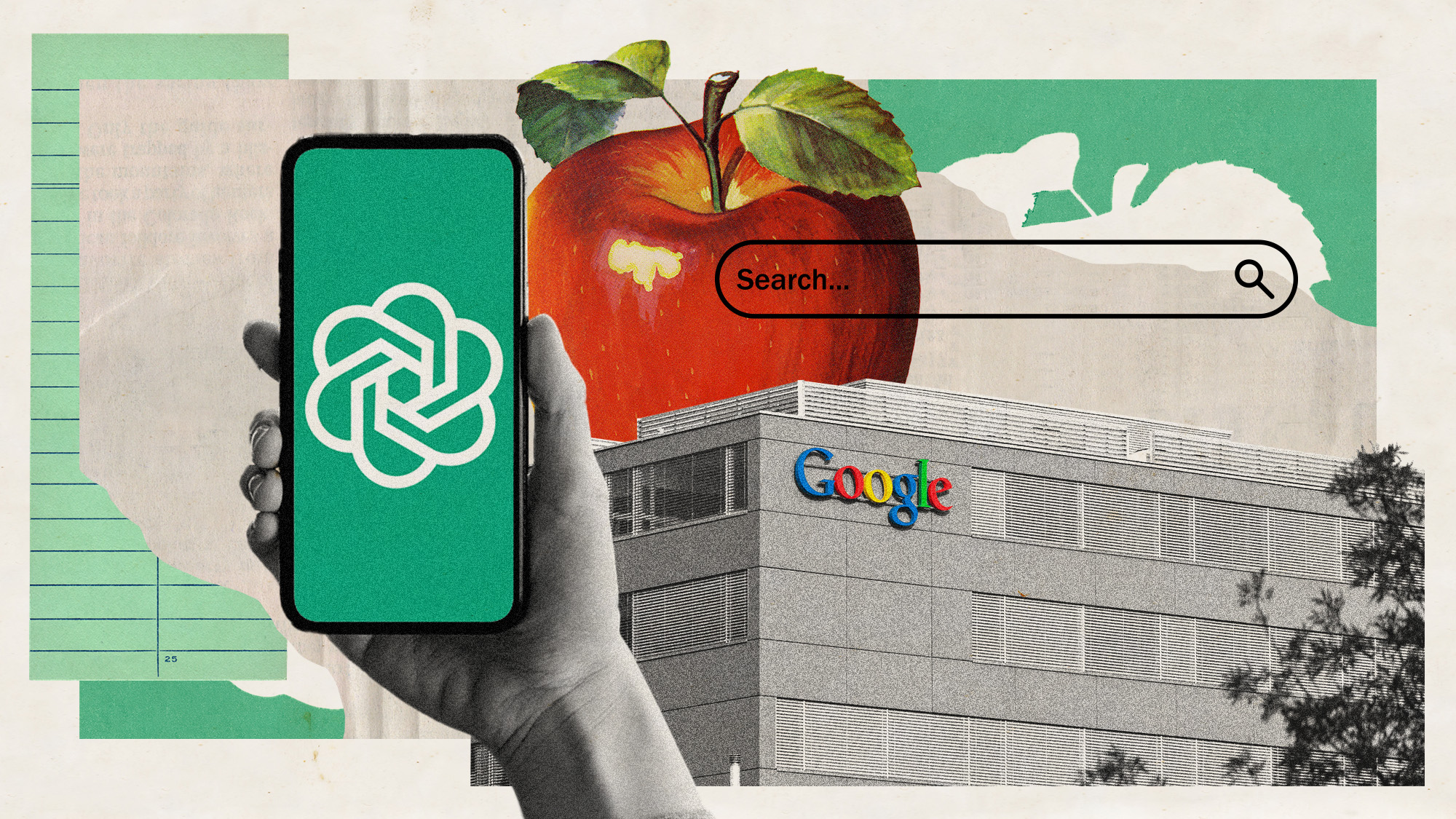 Is Apple breaking up with Google?
Is Apple breaking up with Google?Today's Big Question Google is the default search engine in the Safari browser. The emergence of artificial intelligence could change that.
-
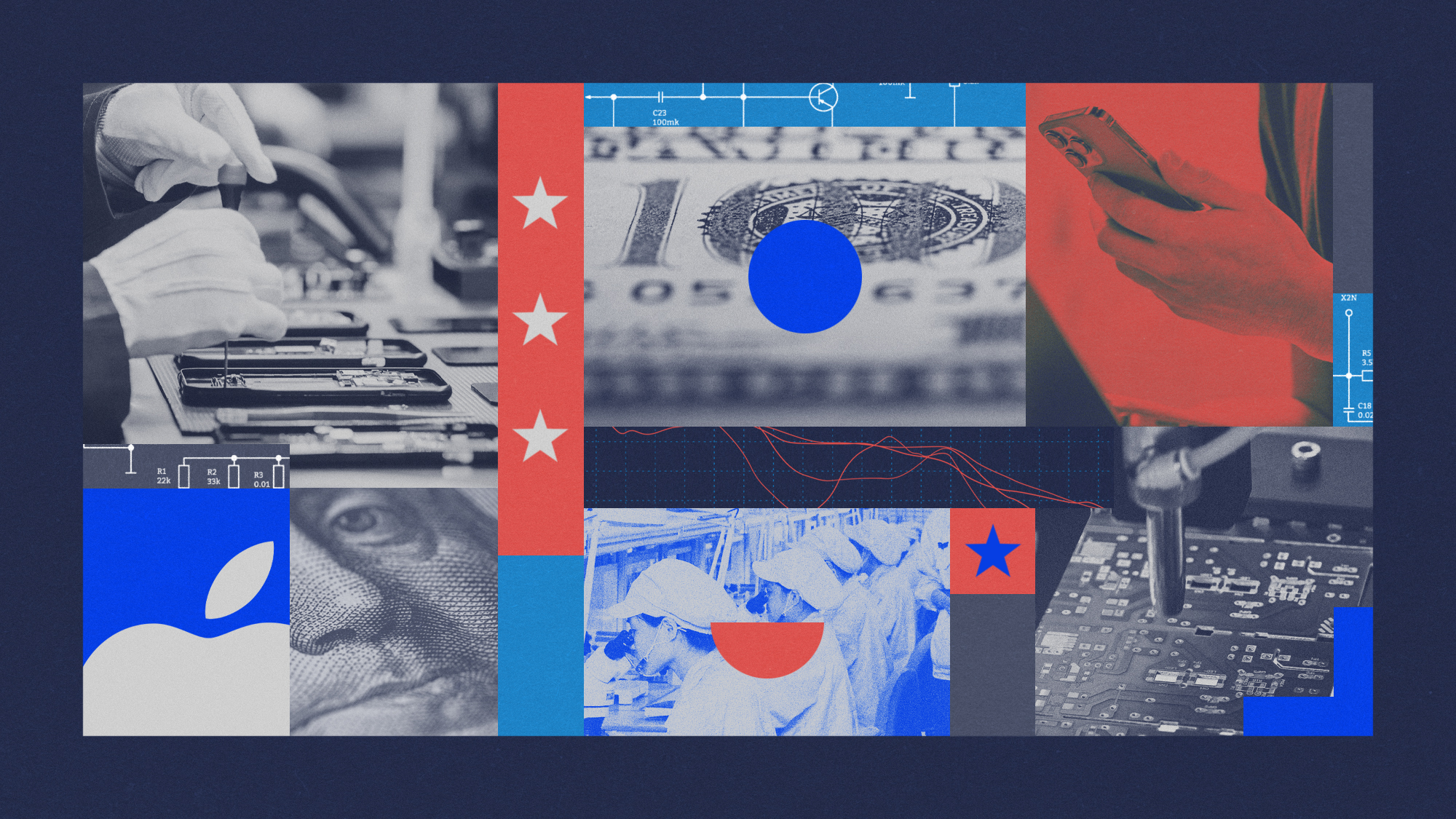 Why won't Apple make iPhones in America?
Why won't Apple make iPhones in America?Today's Big Question Trump offers a reprieve on tariffs, for now
-
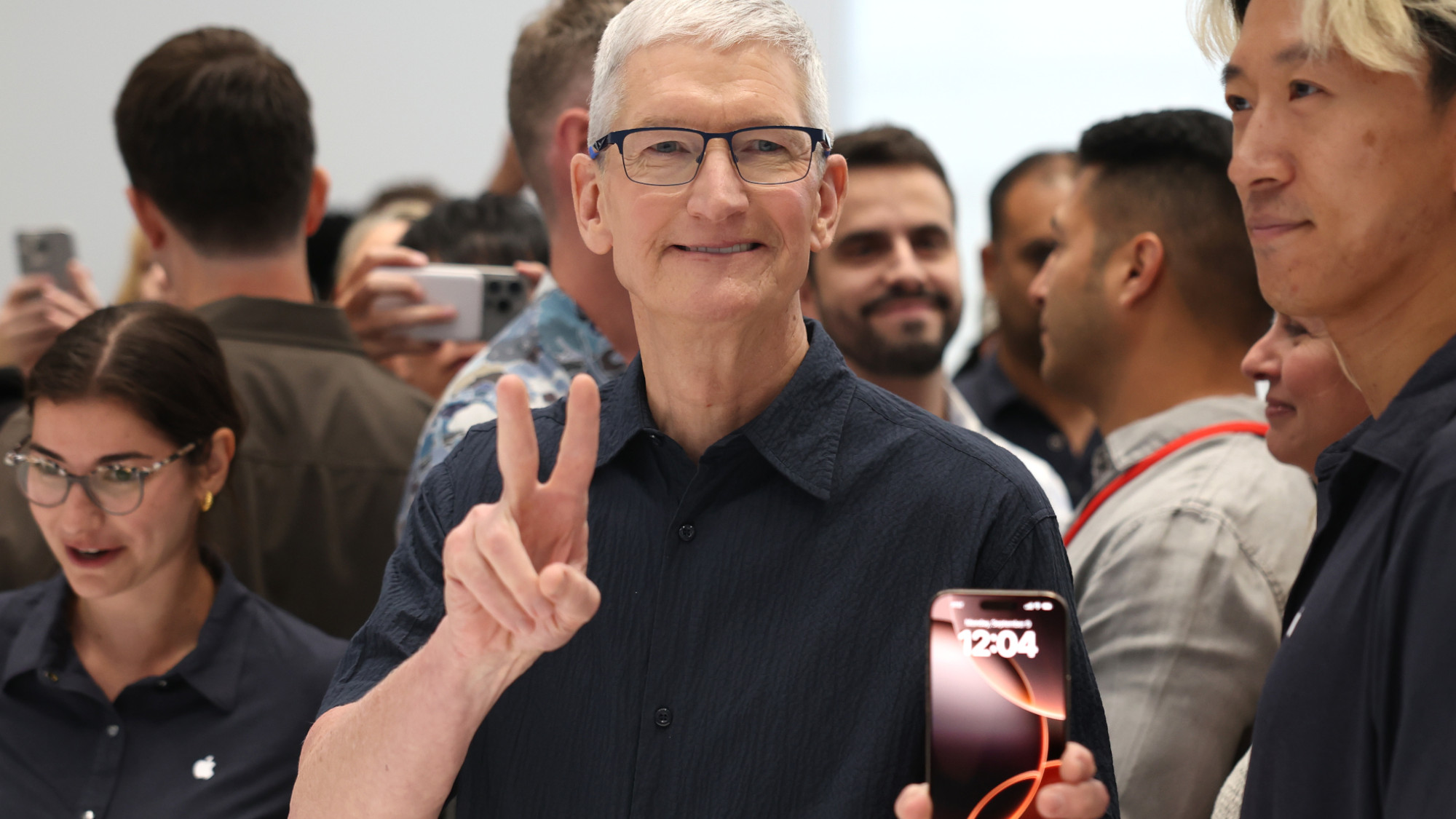 Not there yet: The frustrations of the pocket AI
Not there yet: The frustrations of the pocket AIFeature Apple rushes to roll out its ‘Apple Intelligence’ features but fails to deliver on promises
-
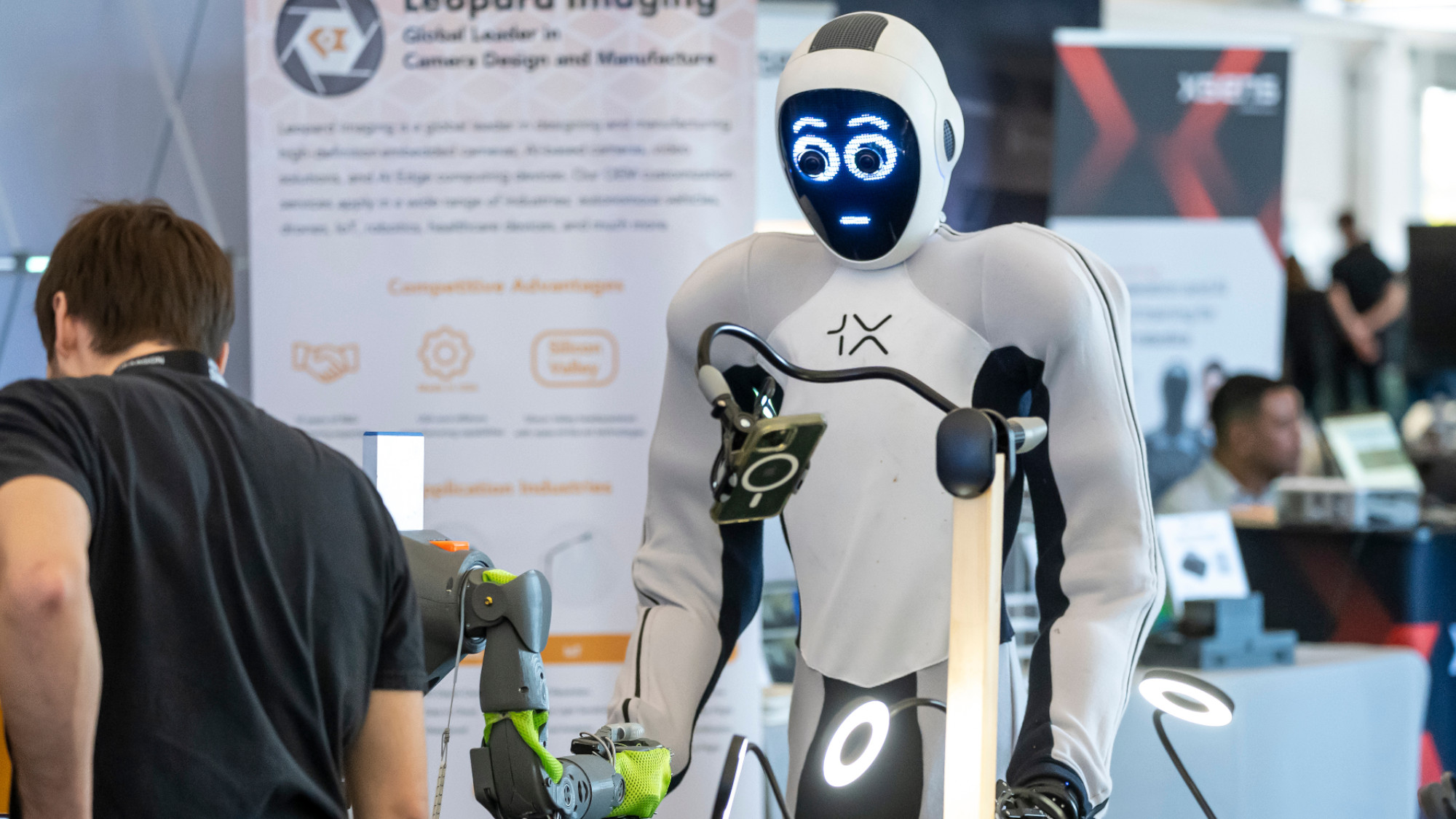 Space-age living: The race for robot servants
Space-age living: The race for robot servantsFeature Meta and Apple compete to bring humanoid robots to market
-
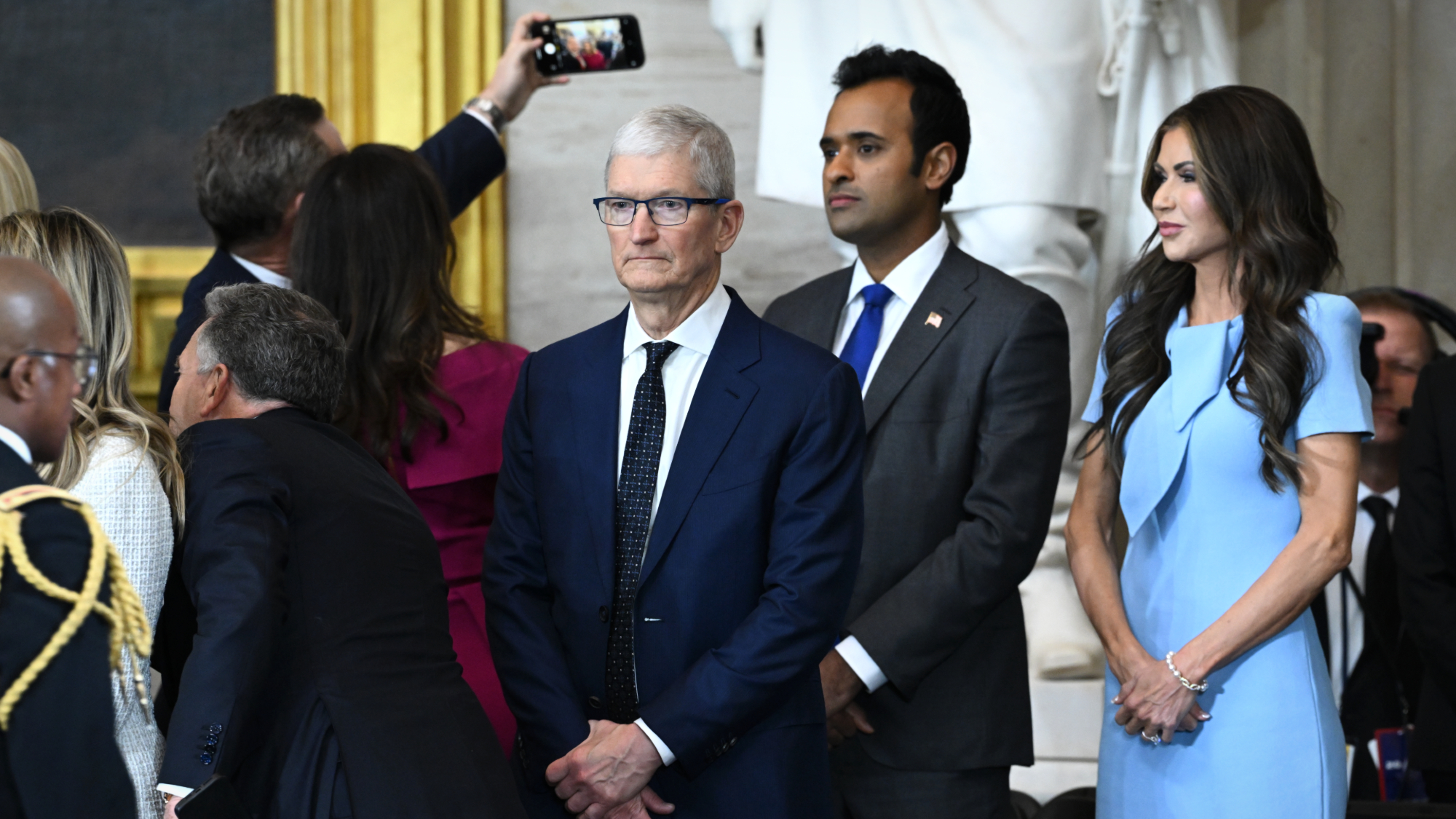 Apple pledges $500B in US spending over 4 years
Apple pledges $500B in US spending over 4 yearsSpeed Read This is a win for Trump, who has pushed to move manufacturing back to the US